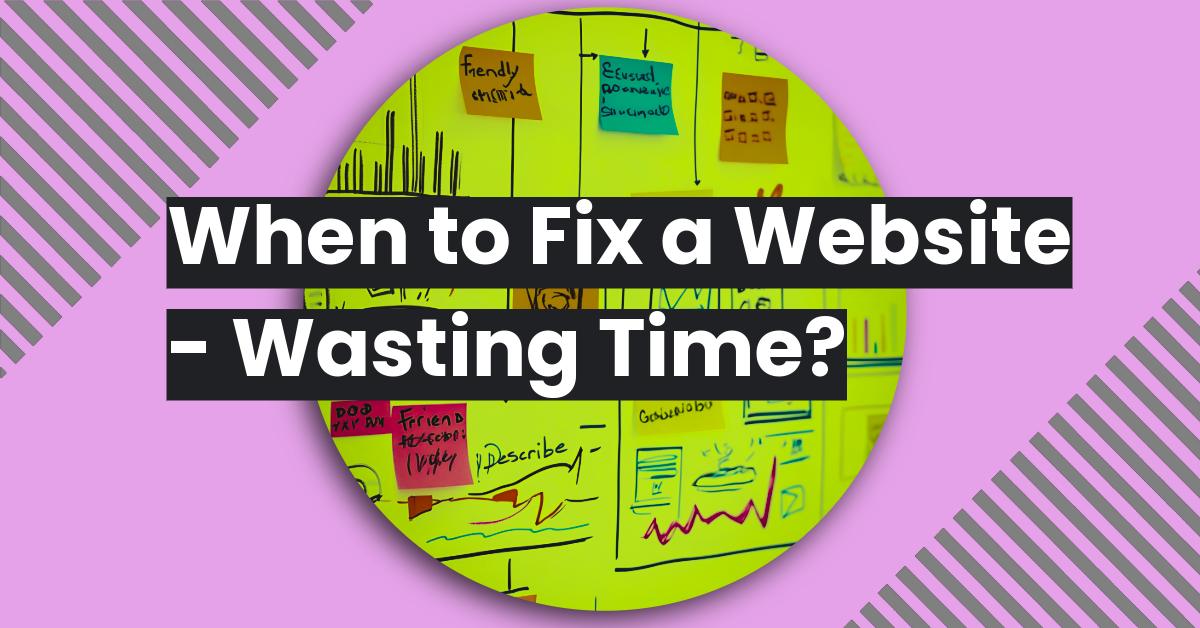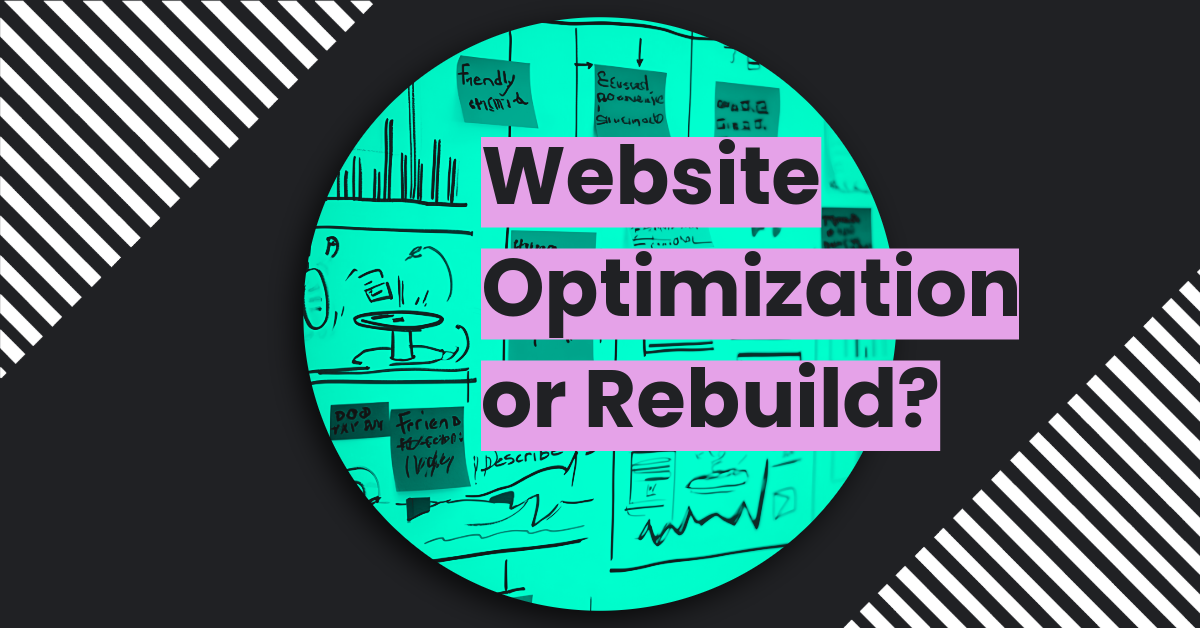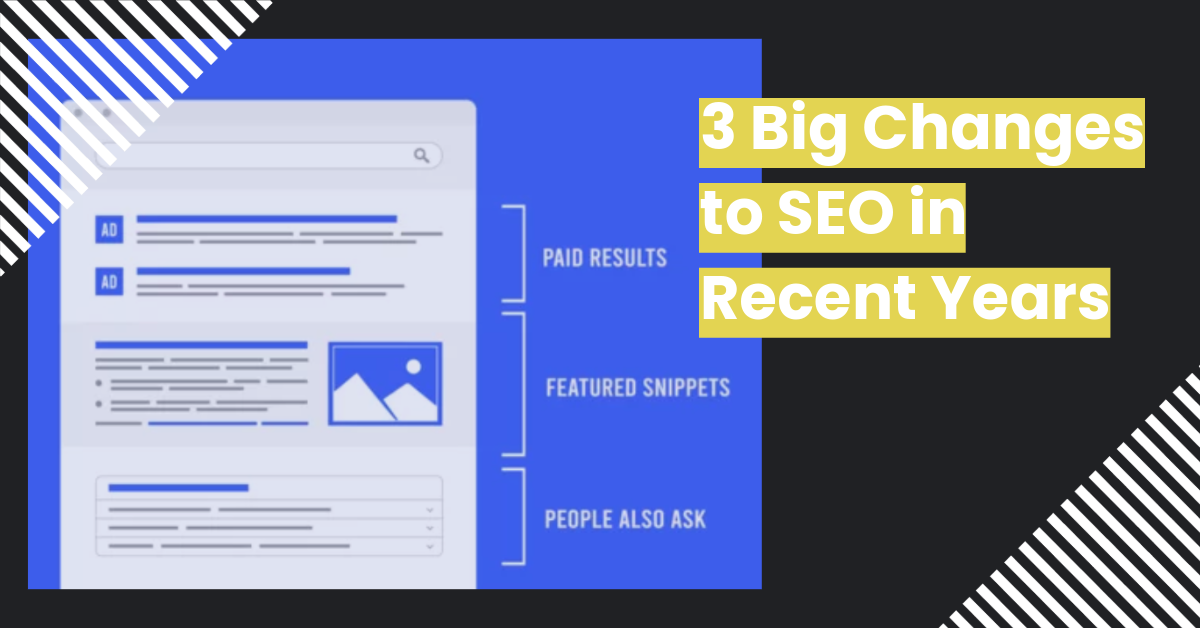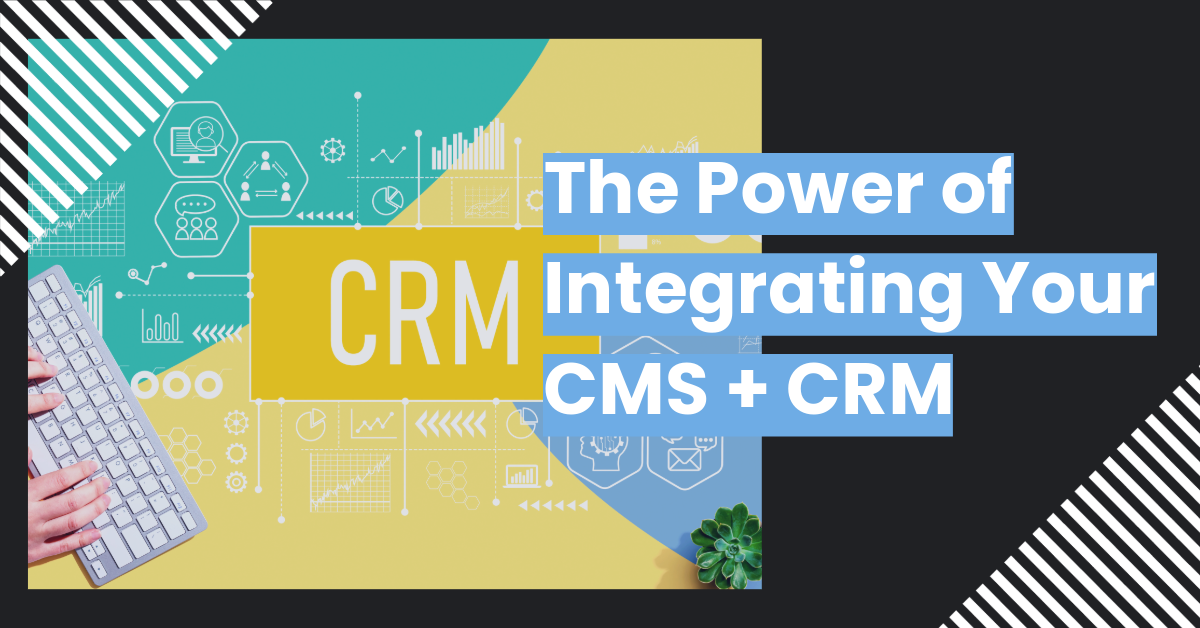3 Tips for Building Organic Web Traffic
SEO Techniques for Increasing Organic Traffic to Your Website

Organic traffic is, in a nutshell, the unpaid traffic that's directed to your website from a search engine. (It's actually a bit more nuanced than that, but that's a topic for a whole other blog post.)
Why Organic Traffic Is Important
For many folks, digital marketing is synonymous with paid ads. Their approach is to simply throw money at their campaigns until they see an increase in website traffic. And yes, paid ads are definitely an important *part* of any legitimate digital marketing campaign. But to focus on them to the exclusion of organic traffic is to miss the point of digital marketing entirely.
There are dozens of reasons why organic traffic is important to your overall digital marketing strategy. Here are three of them:
- Organic traffic is targeted. This means the folks who are visiting your website from an organic search result are there because they're looking for something specific. If you can provide these qualified prospects with what they're looking for--offer them a solution, answer their questions, etc.--then these prospects will more than likely convert to customers.
- Organic traffic is sustainable and long lasting. As we mentioned before, paid ads are a fast and effective strategy to make your business more visible online. However, the success from paid ads is fleeting. The moment you stop paying, you lose your momentum and your visibility goes bye bye. Organic traffic takes more time and effort to nurture (and requires some effort to maintain), but the results are long-lasting and tenacious.
- Organic traffic is cost effective. First off, we should qualify this by pointing out that there is no such thing as an effective "set-it-and-forget-it" digital marketing strategy. Even paid ads require constant optimizing and testing to increase (or simply maintain) their effectiveness. Organic strategy isn't free, but it's less expensive than pay-per-click and (if done effectively) will give you a higher ROI in the long term.
Tips and Techniques for Building Organic Traffic
Here are some SEO techniques you can use to drive more organic traffic to your website.
1. Optimize Your Site for Google's Core Web Vitals
User experience has long been a ranking factor for Google. To this end, they introduced Core Web Vitals in August 2021. To quote Google:
Core Web Vitals are the subset of Web Vitals that apply to all web pages, should be measured by all site owners, and will be surfaced across all Google tools. Each of the Core Web Vitals represents a distinct facet of the user experience, is measurable in the field, and reflects the real-world experience of a critical user-centric outcome.
Currently, the Core Web Vitals are focused on:
- LCP (Largest Contentful Paint), which measures page load times.
- FID (First Input Delay), which measures how long before a page becomes interactive.
- CLS (Cumulative Layout Shift), which measures the visual stability of a page.
So basically, as long as your pages are optimized to load quickly with minimal shifting of visual content, Google will assume you're taking steps to provide a good user experience and will rank your website accordingly.
2. Build Backlinks by Providing Useful Content
Ever since they started releasing regular updates named after adorable animals, Google has been a major proponent of the "Content is king" philosophy. One of their metrics for the quality of your website's content is the number of quality backlinks to it.
(Note that the key word here is "quality." Backlinks in and of themselves are easy to purchase, but if the majority of your inbound links are coming from overseas server farms, Google is going to penalize you in their rankings.)
So the key is to provide the kind of content that folks will want to link to: expert insights, entertaining articles, infographics, tools, calculators, etc.
Not only will this help your ranking with Google, but it will drive referral traffic to your website, increasing your brand awareness and putting you in front of more potential customers.
3. Look at What Your Competitors Are Doing
Ever heard the expression, "Imitation is the sincerest form of flattery?" We're not suggesting you should pilfer or plagiarize content from your competitors. However, if a competitor is outperforming you in the search engines, it might be worth taking a look at their website to see how they're doing it.
Analyzing your competitors can help you identify:
- Keyword Gaps. Are there any keywords you may have overlooked that are currently performing well for your competitors?
- Link Gaps. Are there websites linking to your competitor but not to you?
- Content Gaps. Are there ways you can improve your existing content to compete with your competitors' top pages?
- Keyword Cannibalization. Do you have two or more pages on your site fighting to rank for the same keyword(s)?
TLDR
If you're serious about increasing organic traffic to your website, you'll need to step up your SEO game. Make sure your website complies with Google's user experience metrics, make sure you're providing content that is fresh and engaging, and look for opportunities that your competitors may be overlooking.
















